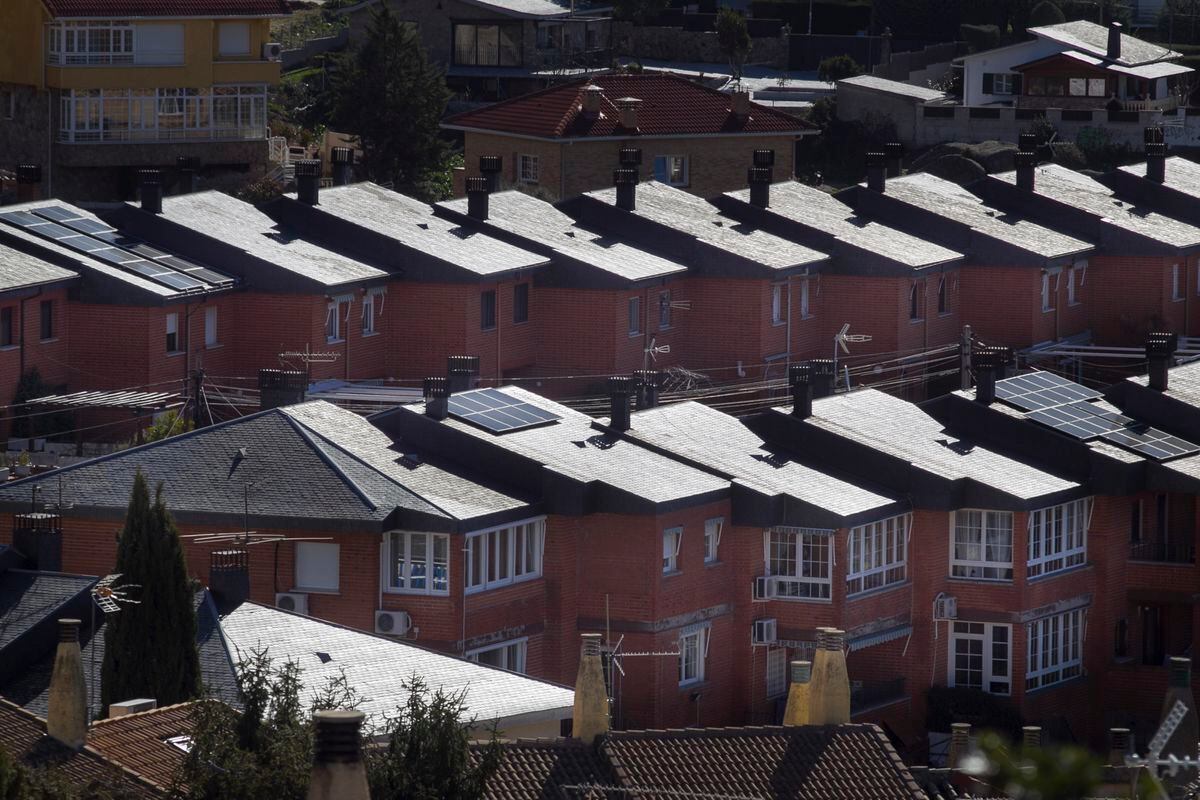The energy transition is increasingly clashing with other existing rules.
In addition to monument protection, the local design statutes, which still apply in many places, also offer a high potential for conflict.
But there is resistance.
District – Such a balcony power plant is actually a pretty simple thing.
You buy one, hang it on the parapet of your own balcony, connect the supplied inverter to an outside socket and theoretically you can immediately generate your own electricity.
There is just a bit of paperwork to do - the energy supplier and the Federal Network Agency must be notified of the operation of the balcony power plant.
At least that's the theory.
In practice, legal pitfalls lurk where you least expect them.
A case from Lenggries in the neighboring district of Bad Tölz-Wolfratshausen is making headlines in Upper Bavaria.
A family had to dismantle their balcony power plant there because it violated the existing local design statute.
Such statutes also exist in the Weilheim-Schongau district - in a total of eleven municipalities: Böbing, Eberfing, Huglfing, Oberhausen, Eglfing, Peiting, Penzberg, Seeshaupt and Wildsteig.
In Steingaden and Prem there are redevelopment statutes that are very similar to the local design statutes.
At its core, the site design statutes are about preserving the character and beauty of the sites.
This is to prevent brightly colored facades or concrete block buildings from detracting from the townscape.
But there is increasing criticism of the existing statutes.
Andreas Scharli, energy manager at the Oberland energy transition, is closely observing the dispute in Lenggries about balcony power plants and the local design statute.
"We don't only have the problem there," he says in an interview with the local newspaper.
It has long been clear that local design statutes that cover the entire local area are no longer legally tenable.
"In the Tegernsee area, there are currently some procedures going on," Scharli continued.
Monument protection is no longer an exclusion criterion
According to his own statements, he is also amazed at the vehemence with which some communities are taking action against balcony power plants.
"In the local design statutes, maximum heights for fences or even certain types of fences are often specified," says Scharli.
You're amazed when you drive into the town "and see 1.80 meter high gabion fences that definitely don't meet the specifications.
Apparently nobody is interested in that," says the energy manager.
He pledged support to the affected family.
"It is important that someone has it checked legally."
In general, many would have to rethink in the future, he predicted.
Even monument protection is no longer an exclusion criterion if you want to build a solar system on the roof.
"At the beginning of the year, the Federal Renewable Energy Sources Act was changed."
It says literally: “The construction and operation of systems and the associated ancillary systems are in the overriding public interest and serve public safety.
Until electricity generation in Germany is almost greenhouse gas neutral, renewable energies should be included as a priority in the respective protective goods assessments to be carried out.” In other words: the generation of renewable energies has priority over almost all other concerns.
The district office, de facto the highest building authority in the district, does not go that far in assessing the legal situation.
"Basically, PV systems are process-free," says the local newspaper when asked about it.
However, the freedom of procedure does not release us from the obligation to comply with the requirements "which are imposed on systems by public law regulations".
These can include development plans, local design statutes, fire protection regulations or monument protection law, according to the press office of the district office.
Design statutes still permissible?
That's what the District Attorney says
In the opinion of the district office, the design statutes in the eleven locations mentioned above are definitely still permissible.
A problem could be that most of these apply to the whole place.
"In order to achieve legal certainty for the statutes, the respective municipality must examine for which areas detailed regulation makes sense and where regulations can possibly be dispensed with altogether," the statement continues.
On the subject of monument protection versus the expansion of renewable energies, Sabine Timmer from the monument protection authority of the district office writes: "The Bavarian Council of Ministers has dealt with the requested topic in detail and decided to change the Bavarian Monument Protection Act." This is intended to harmonize the goals of climate protection and monument protection .
According to Timmer, the simplification of monument protection should support a sustainable and independent energy supply.
And further: “Accordingly, the protection of monuments is not generally given less weight, nor is it generally a subordinate concern.
Rather, monument protection is subject to the current process of change.”
You can find more current news from the region around Schongau at Merkur.de/Schongau.









